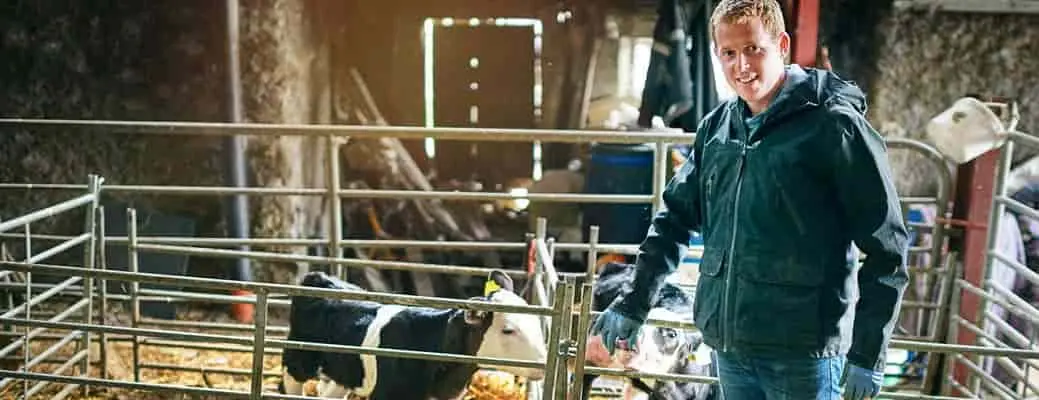How to Find a Trustworthy Farm Sitter


On large farms, staff manage livestock and crops, ensuring everything runs smoothly no matter where you are. But smaller farmers or hobbyists need to hire what’s called a farm sitter: Someone who is familiar with livestock, machinery and crops to care for your farm while you’re away. Here’s how to find a farm sitter you can rely on.
The best sources for farm sitter referrals are other farmers. Ask neighbors, staff at the feed store and local livestock veterinarians about local farm sitters. While you’re collecting names, ask if there are farm sitters others would not recommend. You don’t want to hire someone who did a poor job for another farmer. Collect contact information for the most promising leads and start calling potential farm sitters.
If your local network offers no leads, turn to Google. Pet sitting companies often have contractors willing to look after livestock. Be sure to ask about farm sitting experience — someone who is great with dogs and cats might have no idea how to care for cows and chickens — and make sure that the sites conduct background checks before handing over the keys to the barn. Ask pet sitters whether they have liability insurance for their business.
You’re hiring someone to take care of one of your most important assets, so spend time getting to know them. Ask about their experience, rates and references. Be sure to find a farm sitter who understands your operation: Someone with experience feeding and watering a small flock of chickens might not be equipped to help during lambing season. Ask about their schedule, too. A farm sitter with a full-time job might not be available when you need them.
After interviewing prospective farm sitters, call their references. Ask specific questions about the tasks the farm sitter performs, whether there have ever been issues and whether farmers recommend the sitter for similar work.
Before trusting a farm sitter to feed and water the animals and keep vegetables from wilting or rotting while you vacation in a different zip code, ask them to tackle the tasks while you’re at home. The trial period — paid, of course — will give you a good idea of their work ethic and farm skills.
Before you open up your property to someone else, make sure you have adequate farm or ranch liability coverage. Employer liability insurance can help protect against potential charges (such as bodily injury caused by accident) made by full-time, part-time, temporary or seasonal employees.
Don’t assume a hired hand will know what needs to be done while you’re gone. Make a detailed checklist and go over it with your farm sitter in advance. The list should include farm chores and any special instructions for feeding, watering and administering medications. Leave emergency contacts, including the name and number of your farm vet. The list should also include what is off-limits: If you don’t want the farm sitter using the tractor, put it in black and white.
Knowing your farm is in good hands allows you to take some much-needed time off — but keep your cell phone turned on in case the farm sitter has questions or needs help. Don’t be afraid to call your farm sitter to make sure everything is going well.
No matter the size of your farm or ranch, a local Farm Bureau agent can provide answers and coverage options personalized to you.